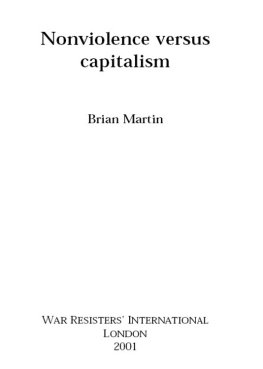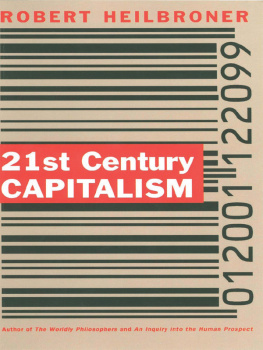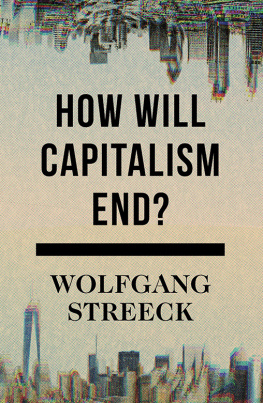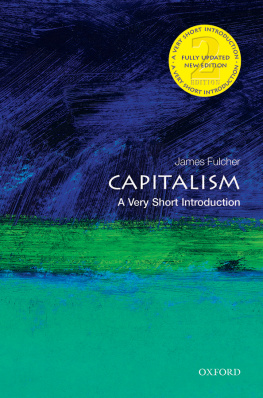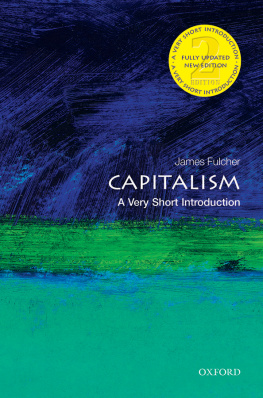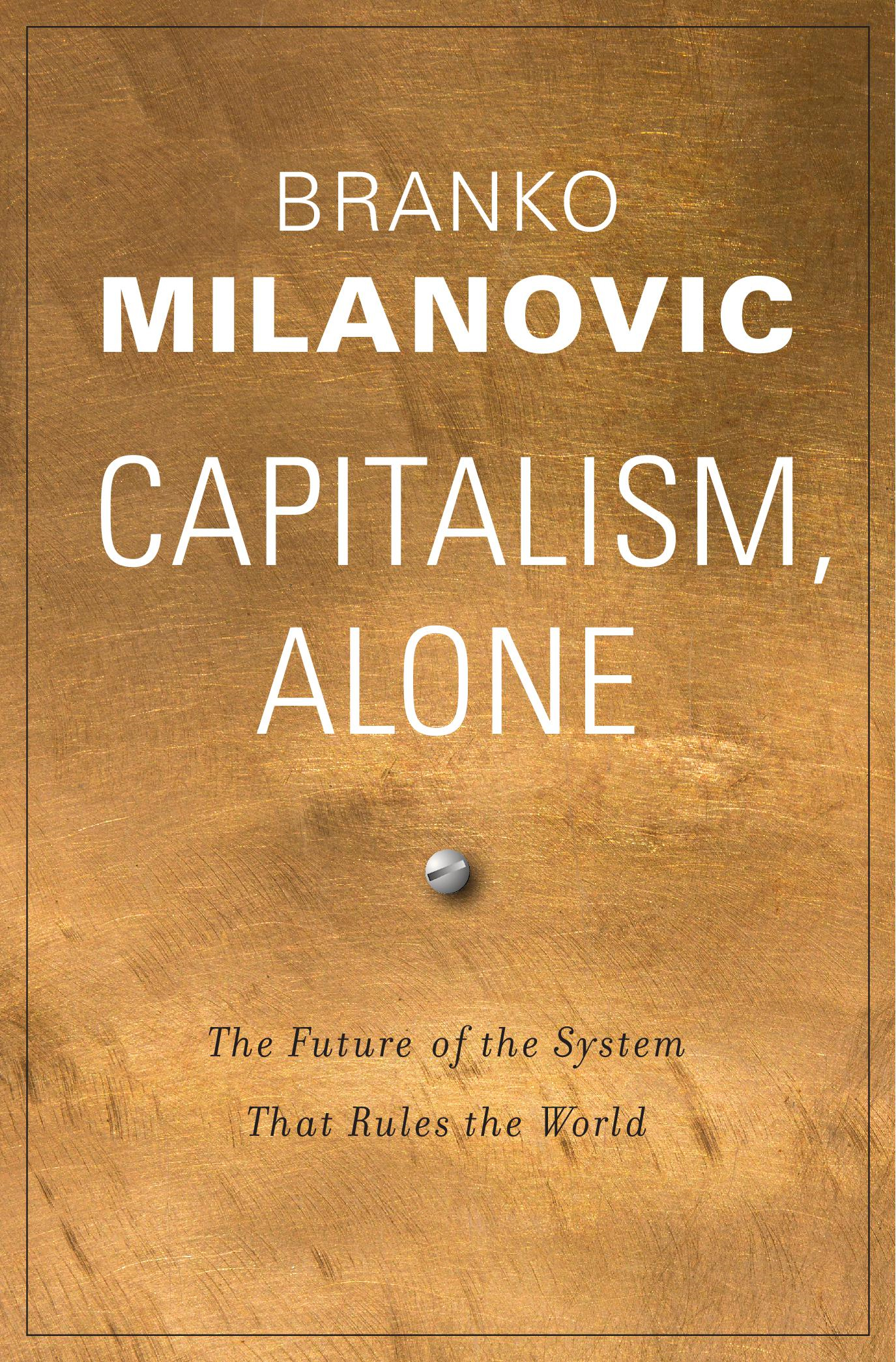ISBN: 978-0-674-98759-3 (alk. paper)
[The bourgeoisie] compels all nations, on pain of extinction, to adopt the bourgeois mode of production; it compels them to introduce what it calls civilization into their midst, i.e., to become bourgeois themselves. In one word, it creates a world after its own image.
Marx and Engels, The Communist Manifesto (1848)
At the particular time when these discoveries [of the Americas and the East Indies] were made, the superiority of force happened to be so great on the side of the Europeans that they were enabled to commit with impunity every sort of injustice in those remote countries. Hereafter, perhaps, the natives of those countries may grow stronger, or those of Europe may grow weaker, and the inhabitants of all the different quarters of the world may arrive at that equality of courage and force which, by inspiring mutual fear, can alone overawe the injustice of independent nations into some sort of respect for the rights of one another. But nothing seems more likely to establish this equality of force than that mutual communication of knowledge and of all sorts of improvements which an extensive commerce from all countries to all countries naturally, or rather necessarily, carries along with it.
Adam Smith, Wealth of Nations (1776)
1.1 Capitalism as the Only Socioeconomic System
I begin this chapter with two quotations. The first, from Karl Marx and Friedrich Engels, is some 170 years old; the second, from Adam Smith, almost 250 years old. These passages from two classic works of political economy capture, perhaps better than any contemporary writings, the essence of two epochal changes that the world is living through. One is the establishment of capitalism as not only the dominant, but the sole socioeconomic system in the world. The second is the rebalancing of economic power between Europe and North America on the one hand and Asia on the other, owing to the rise of Asia. For the first time since the Industrial Revolution, incomes on the three continents are edging closer to each other, returning to roughly the same relative levels they had before the Industrial Revolution (now, of course, at a much higher absolute level of income). In world-historical terms, the sole rule of capitalism and the economic renaissance of Asia are remarkable developmentswhich may be related.
The fact that the entire globe now operates according to the same economic principlesproduction organized for profit using legally free wage labor and mostly privately owned capital, with decentralized coordinationis without historical precedent. In the past, capitalism, whether in the Roman Empire, sixth-century Mesopotamia, medieval Italian city states, or the Low Countries in the modern era, always had to coexistat times within the same political unitwith other ways of organizing production. These included hunting and gathering, slavery of various kinds, serfdom (with workers legally tied to the land and banned from offering their labor to others), and petty-commodity production carried out by independent craftspeople or small-scale farmers. Even as recently as one hundred years ago, when the first incarnation of globalized capitalism appeared, the world still included all of these modes of production. Following the Russian Revolution, capitalism shared the world with communism, which reigned in countries that contained about one-third of the human population. None but capitalism remain today, except in very marginal areas with no influence on global developments.
The global victory of capitalism has many implications that were anticipated by Marx and Engels in 1848. Capitalism facilitatesand when foreign profits are higher than domestic, even cravesthe cross-border exchange of goods, the movement of capital, and in some cases the movement of labor. It is thus not an accident that globalization developed the most in the period between the Napoleonic Wars and World War I, when capitalism largely held sway. And it is no accident that todays globalization coincides with the even more absolute triumph of capitalism. Had communism triumphed over capitalism, there is little doubt that despite the internationalist creed professed by its founders, it would not have led to globalization. Communist societies were overwhelmingly autarkic and nationalistic, and there was minimal movement of goods, capital, and labor across borders. Even within the Soviet bloc, trade was carried out only to sell surplus goods or according to mercantilist principles of bilateral bargaining. This is entirely different from capitalism, which, as Marx and Engels noted, has an inherent tendency to expand.
The uncontested dominion of the capitalist mode of production has its counterpart in the similarly uncontested ideological view that money-making not only is respectable but is the most important objective in peoples lives, an incentive understood by people from all parts of the world and all classes. It may be difficult to convince a person who differs from us in life experience, gender, race, or background of some of our beliefs, concerns, and motivations. But that same person will easily understand the language of money and profit; if we explain that our objective is to get the best possible deal, they will be able to readily figure out whether cooperation or competition is the best economic strategy to pursue. The fact that (to use Marxist terms) the infrastructure (the economic base) and superstructure (political and judicial institutions) are so well aligned in todays world not only helps global capitalism maintain its dominion but also makes peoples objectives more compatible and their communication clearer and easier, since they all know what the other side is after. We live in a world where everybody follows the same rules and understands the same language of profit-making.
Such a sweeping statement does need some qualification. There are indeed some small communities scattered around the world that shun money-making, and there are some individuals who disdain it. But they do not influence the shape of things and the movement of history. The claim that individual beliefs and value systems are aligned with capitalisms objectives should not be taken to imply that all of our actions are entirely and always driven by profit. People sometimes perform actions that are genuinely altruistic or are driven by other objectives. But for most of us, if we assess these actions by time spent or money forgone, they play only a small role in our lives. Just as it is wrong to call billionaires philanthropists if they acquire an enormous fortune through unsavory practices and then give away a small fraction of their wealth, so it is wrong to zero in on a small subset of our altruistic actions and ignore the fact that perhaps 90 percent of our waking lives is spent in purposeful activities whose objective is improving our standard of living, chiefly through money-making.


